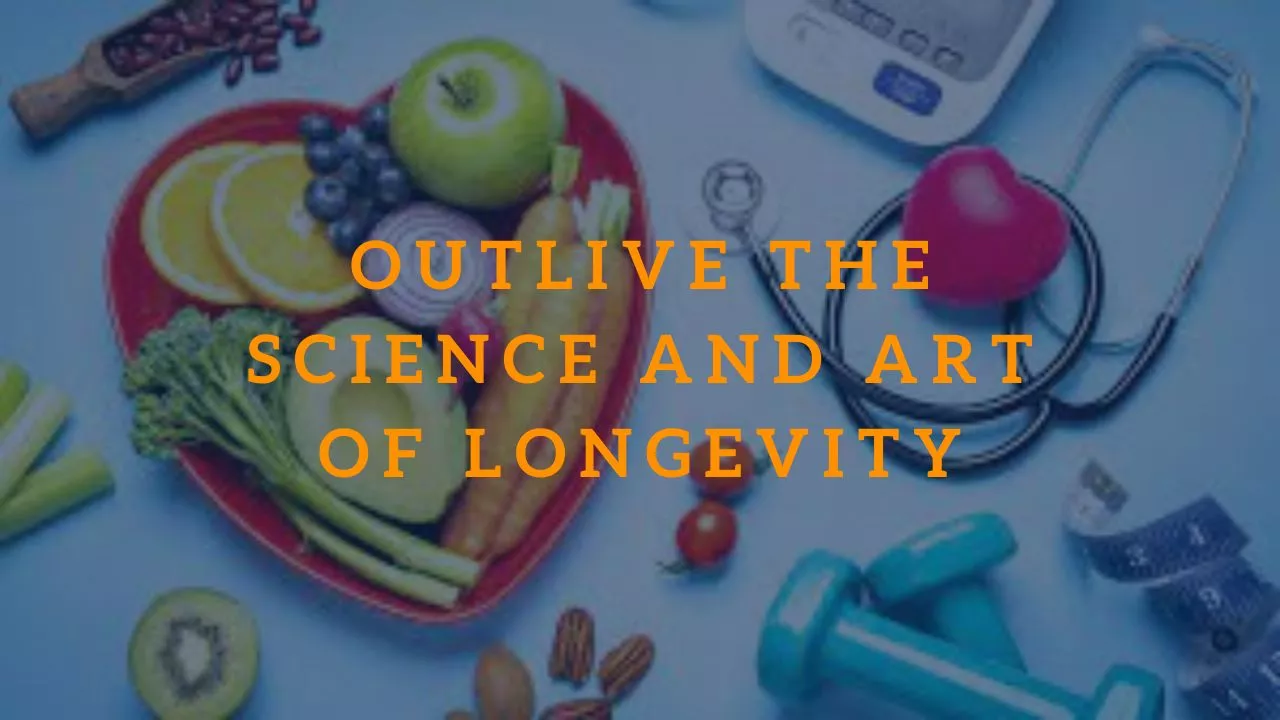Hello 1-GSM Visitors! Have you ever wondered how some people manage to live longer than others? Is it their healthy lifestyle, genetics, or something else entirely? The answer lies in the science and art of longevity.

What is Longevity?
Longevity refers to the length of time that a person can live. It is influenced by many factors, including genetics, lifestyle, and environment. Living a long and healthy life is a goal that many people strive for, but only a few achieve it.
The Science of Longevity
The study of longevity is a complex field that involves many different disciplines, including genetics, biology, and medicine. Scientists are constantly researching ways to extend human life, such as developing new drugs, improving medical treatments, and identifying genes that are associated with longevity.
One of the most significant breakthroughs in the science of longevity is the discovery of telomeres, which are the protective caps on the ends of our chromosomes. As we age, our telomeres shorten, which can lead to cellular damage and disease. Researchers are studying ways to slow down or even reverse this process, which could potentially extend human life.
The Art of Longevity
The art of longevity is all about living a healthy lifestyle and taking care of your body and mind. This includes eating a balanced diet, exercising regularly, getting enough sleep, managing stress, and avoiding unhealthy habits such as smoking and excessive alcohol consumption. People who practice the art of longevity tend to live longer and healthier lives than those who don’t.
One of the keys to the art of longevity is a healthy diet. This means eating plenty of fruits, vegetables, whole grains, and lean proteins while avoiding processed foods, sugary drinks, and excessive amounts of salt and fat. A healthy diet can help to lower your risk of chronic diseases such as heart disease, diabetes, and cancer.
The Benefits of Longevity
Living a long and healthy life has many benefits, both for individuals and society as a whole. People who live longer tend to be happier, more productive, and more financially stable than those who don’t. They also have a greater chance of seeing their children and grandchildren grow up and thrive.
From a societal perspective, increasing longevity can help to reduce healthcare costs and improve the economy. As people live longer, they are able to work for longer and contribute more to society. This can lead to increased innovation, creativity, and productivity.
The Challenges of Longevity
Despite the many benefits of longevity, there are also some challenges that come with living longer. As we age, our bodies and minds may begin to deteriorate, leading to an increased risk of chronic disease, disability, and cognitive decline. This can place a burden on individuals, families, and society as a whole.
Another challenge of longevity is the social and economic implications. As people live longer, there may be a strain on healthcare resources and social security systems. It is important for governments and policymakers to plan for the aging population to ensure that everyone can continue to live a healthy and fulfilling life.
The Future of Longevity
The future of longevity looks promising, with ongoing research and advancements in science and medicine. With new technologies and treatments, it may be possible to extend human life even further in the future. However, it is important to approach longevity with caution and consider the ethical implications of extending life beyond what is currently considered natural.
Conclusion
Outliving the science and art of longevity involves both scientific research and personal lifestyle choices. While we may not be able to control our genetics, we can take steps to live a healthy and fulfilling life. By eating well, exercising, managing stress, and avoiding unhealthy habits, we can increase our chances of living a long and healthy life. See you again at our other interesting article!
